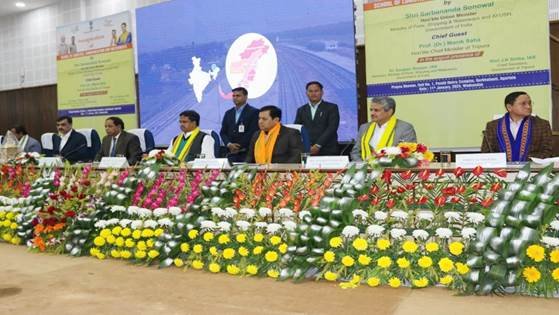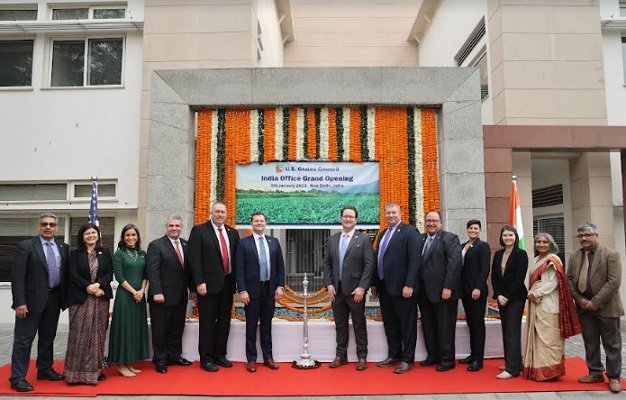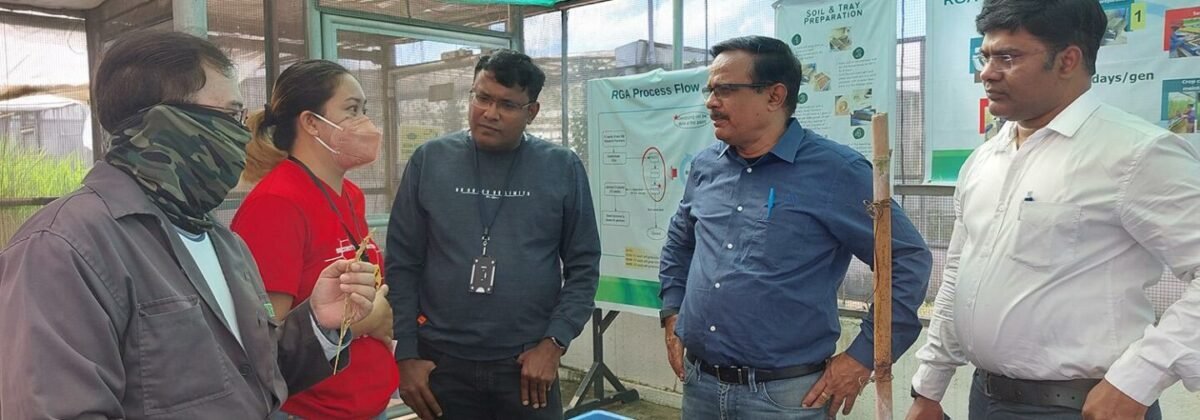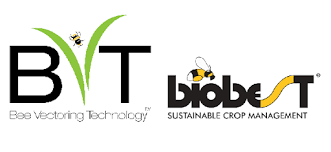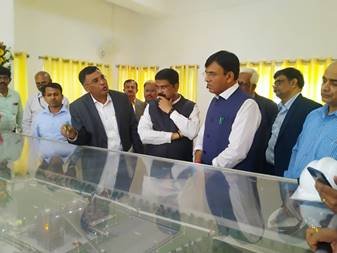This year’s group shows the importance of connecting with the startup community across a broad range of applications and technologies
Deere & Company has released the names of eight companies chosen for its 2023 Startup Collaborator program. The Startup Collaborator was launched in 2019 and helps John Deere enhance precision technology in its agriculture and construction equipment.
“This year’s group shows the importance of connecting with the startup community across a broad range of applications and technologies,” said Julian Sanchez, director of emerging technology at John Deere. These connections help John Deere better understand opportunities to advance precision technology in agriculture and construction.”
The Startup Collaborator, now in its fifth year and includes notable alumni such as Bear Flag Robotics, and Hello Tractor. In 2021, Bear Flag Robotics was acquired by John Deere to support the company’s autonomous tractor solutions. In 2022, John Deere also invested in Hello Tractor, a company that connects tractor owners with smallholder farmers through a farm-equipment sharing app.
The eight companies participating in the 2023 Startup Collaborator include:
Albedo, a startup company developing low-flying satellites that will collect visible and thermal imagery at ultra-high resolution.
ANELLO Photonics, a company that is disrupting the navigation industry with their Silicon Photonics Optical Gyroscope, a low-noise and low-drift optical gyroscope smart sensor for autonomous applications.
GrAI Matter Labs is in the business of Life-Ready AI – artificial intelligence that feels alive, delivering brain-inspired chips that behave like humans do and makes devices assisting humans act, and react, in real time.
Impossible Sensing, an aerospace company developing and applying space technology to the agriculture industry to help the world become carbon neutral.
IntelliCulture, a company providing farm equipment management software that helps drive sustainable farming practices through actionable insights, efficiency improvements and risk mitigation.
Precision AI, a startup that’s creating the world’s first artificial intelligence-powered agricultural drones for plant-level herbicide applications at broad-acre scale.
RodRadar, a company transforming excavation. Its Live Dig Radar™ technology provides real-time, on-site, automatic alerts to prevent damage to underground utility infrastructure during excavation.
Vega is the window that certifies agribusiness sustainability to the world. Supporting sustainable production, Vega impacts the entire agri-food chain through traceability, risk analysis and monitoring of Environmental, Social and Governance (ESG) practices.
“The Startup Collaborator is an exciting way for big ideas to grow into something larger,” said Michele Kaiser, business development manager for the John Deere Intelligent Solutions Group.
This year's group shows the importance of



